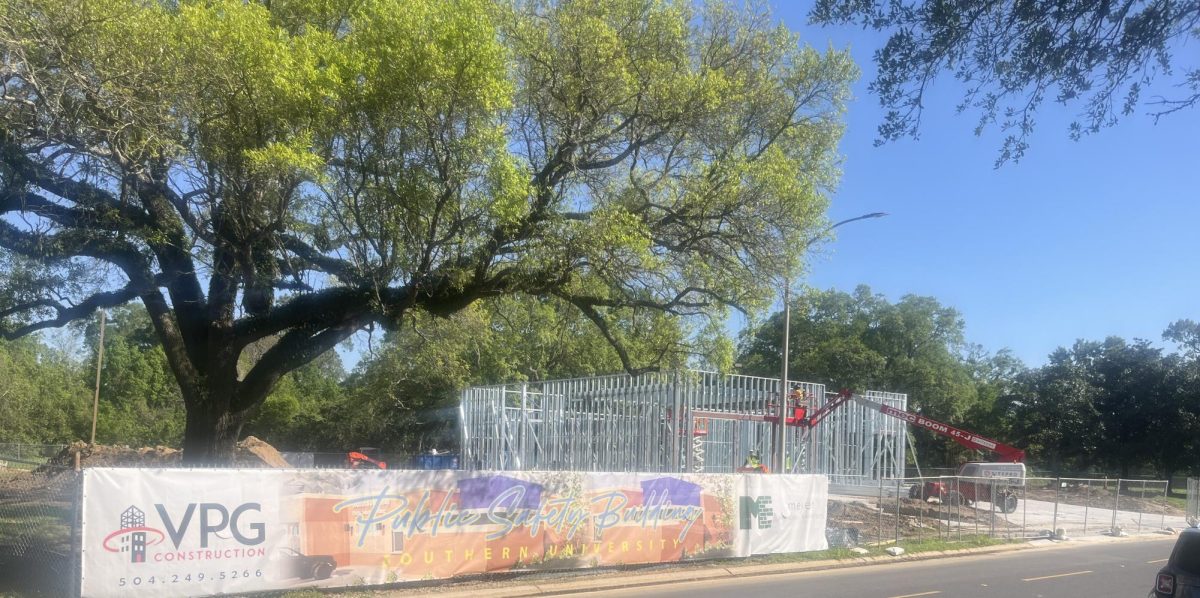By Stuart Muszynski
(NAPSI)—In the wake of the recent apparent attempt on former President Trump’s life, both he and President Biden have sought to cool down an emotionally overheated nation, with Mr. Trump promising to tone down his rhetoric and the President urging Americans to lower the political temperature.
That’s crucially important, and we should all hope that their words and actions have a lasting impact on the national mood.
But it’s not up to just the two of them. All of us who love our country can and should make contributions, both individually and collectively, to a calmer, kinder America.
Who Can Help
Fortunately, a program to do this is already well established, with a proven track record of accomplishment. It is called Kindland, it is based in Ohio, and it is celebrating 30 years of success.
The program encourages people to perform specific acts of kindness—think helping an elderly person carry groceries, buying a kid an ice cream cone or just waving hello to a passing stranger—and to record those acts of kindness, both one’s own and those of others, on a free Just Be Kind App from where they can also be posted on social media.
As the record of kind deeds keeps growing (the app can be used on both Android and Apple mobile phones) it will spread the message that being kind can be easy and uplifting, and thus inspire folks to join. That can move the public toward a new and positive attitude and away from the hostile and nasty rhetoric being sounded out there today.
Good News
That’s not just guesswork. Both Kindland’s history and separate sociological studies confirm that even small acts of kindness have a ripple effect, sparking a chain reaction of compassion and goodwill. This domino effect can transcend boundaries and positively influence broader societal dynamics.
By embracing kindness, individuals can step into others’ shoes, acknowledge their struggles and seek to understand their experiences. This empathetic approach nurtures a sense of unity and bridges the gaps that often divide us. It promotes an atmosphere of inclusivity where people are more inclined to embrace different ways of thinking. It also fosters a spirit of acceptance and respect for one another.
And it’s not just the recipient who benefits from an act of kindness. Numerous studies have found that for the giver as well as the receiver, acts of kindness lead to increased levels of happiness, improved mental well-being and reduced stress. Engaging in such acts activates the brain’s reward system, releasing neurochemicals such as dopamine and oxytocin, which contribute to positive emotions and a sense of fulfillment.
Finally, kindness has the potential to transcend cultural and societal boundaries. Regardless of differences in language, religion or nationality, kindness is a universal language that can be understood and appreciated by everyone. In a nation long troubled by persistent conflicts and divisions, cultivating kindness can be a powerful tool for fostering understanding, tolerance and peace.
And there is clearly a real hunger for an organized approach to this challenge. When Kindland first introduced its program in northeast Ohio, it attracted 500 community leaders, more than 100 nonprofit organizations, schools, governments agencies, media organizations and businesses whose employees totaled more than 100,000. We’ve been spreading the word and growing throughout Ohio and nationally ever since. Partners and sponsors range from the United Church of Christ to the American Red Cross to dozens of companies and corporations.
Learn More
For further facts, visit www.bekindland.com.
• Stuart Muszynski is the co-founder, President and CEO of the Values-in-Action Foundation, and the creator of Kindland, and has been a business and community leader in Greater Cleveland for more than 40 years.






